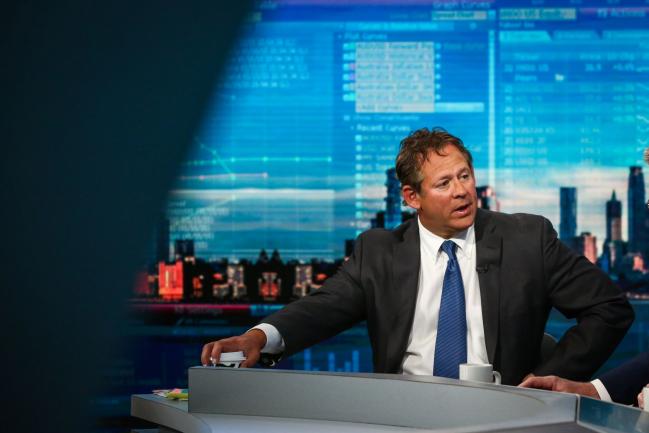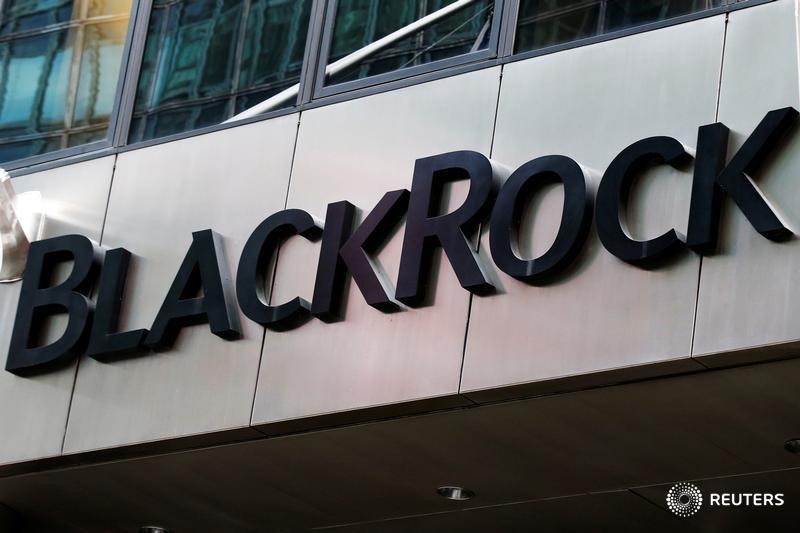(Bloomberg) -- Friday’s US jobs report showed an economy strong enough to keep the Federal Reserve raising rates to beat back inflation. BlackRock’s Rick Rieder says, just don’t overdo it.
“The Fed has to be careful about over-tightening,” the chief investment officer for global fixed income at BlackRock (NYSE:BLK) Financial Management Inc. told Bloomberg Television’s The Open. “We’re moving in the right direction. We are slowing.”
Businesses boosted hiring in October by 261,000, which was more than expected, and average hourly earnings accelerated from September, according to a Labor Department report Friday.
But the jobless rate rose to 3.7% from a more than five-decade low, the gain in payrolls was the smallest since the end of 2020 and the annual advance in earnings dipped below 5% for the first time since last year.
The takeaway for financial markets is an employment sector that’s cooling albeit not very quickly. That lines up with Jerome Powell’s characterization earlier this week, when the Fed chair acknowledged conditions haven’t softened yet in an “obvious” way and said the central bank is eyeing a higher peak interest rate than it was two months ago.
Rieder said he is sympathetic that the Fed is “offsetting an inflation shock,” with consumer prices this year rising at the fastest pace in four decades. The central bank has raised its funds rate to a 3.75%-4% range from near 0% in March, moves that Rieder said were “brilliant” in slowing the economy to the point that inflation will slacken.
But the Fed is dealing with “an economy that’s operating at a pretty good place. You’re closing the income gap. And wages are going to start to come down,” he said. Interest rates “moved a historic amount. You see it in the housing market. These are historic drops in terms of the rate of activity in the housing market.”
The Press Conference
At a press conference on Wednesday after the Fed increased overnight lending rates by 75 basis points for the fourth consecutive time, Powell said, “incoming data since our last meeting suggests that the ultimate level of interest rates will be higher than previously expected.”
“I would want people to understand our commitment to getting this done and to not making the mistake of not doing enough or the mistake of withdrawing our strong policy and doing that too soon,” he told reporters.
“The press conference, that was the thing that blew me away,” Rieder said. “The Fed was too easy for too long. Now we’ve had the most historic set of rates rises while draining liquidity. I don’t think we have to keep veering the boat from one side to the other side.”

